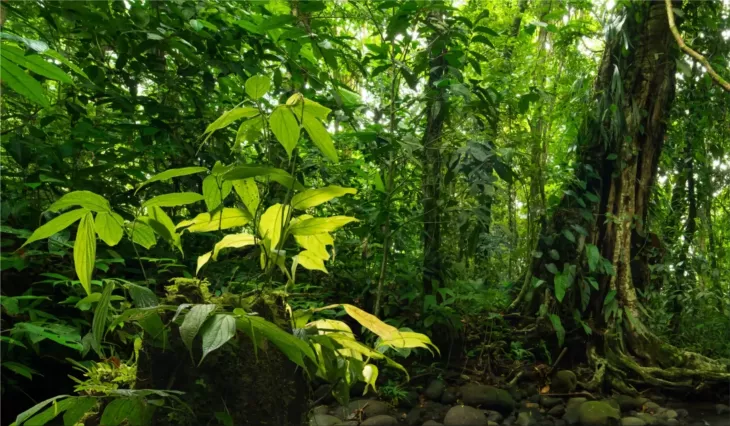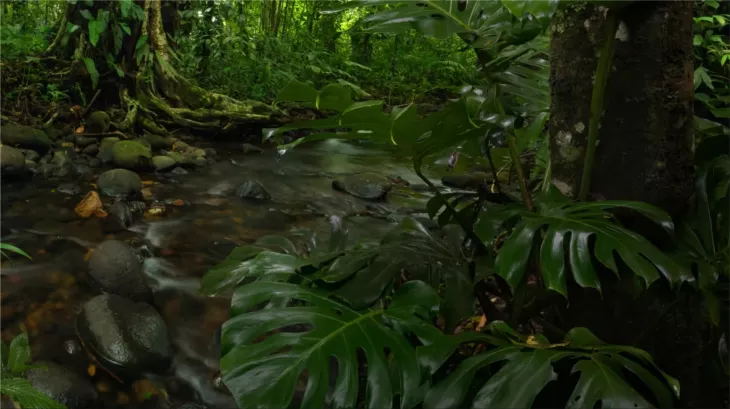We are in the middle of a worldwide biodiversity crisis. As a result, various parties have proposed a binding Danish Biodiversity Act after the election, which must halt the loss of species in Denmark. However, the parties must state what Denmark must do for biodiversity on a global scale. The next UN Biodiversity Conference in Canada must adopt a worldwide biodiversity agreement. Denmark's commitment and ambition in this regard heavily depend on the outcome of the election.
During the Danish election campaign, global biodiversity does not receive much political attention. However, with the UN's international biodiversity conference (COP15) in Canada in December, the election will influence who travels and hence how much importance Denmark places on the forum. The summit is critical because it must lay the groundwork for an accord that will last until 2030 when the goal is to halt global biodiversity loss. Several Danish parties have portrayed nature as a specific topic in this election campaign, focusing on improving Denmark's biodiversity. This is, of course, to be commended. However, support for our responsibility regarding our impact and influence on international biodiversity needs to be more pronounced.
We are in the midst of a global biodiversity crisis, with species extinction rates that, by all estimates, have not been greater since the dinosaur extinction. The loss of this magnificent life is artificial, a calamity that demands a response from all levels of society.
The UN Convention on Biological Diversity is hosting the 15th Conference on Biodiversity (COP15) in Canada (CBD). It has happened before that all countries (excluding the United States) have agreed to address the biodiversity crisis. It has already happened twice. But we have never followed through on our promises. The most recent agreement to reduce species extinction expired in 2020. "It is therefore very critical that this agreement is both ambitious enough and, not least, that it is honored by the countries Subsequently," says Silje Heldt Zaltzman, the professional coordinator from Verdens Skove. If we miss this window, the world's biodiversity and ecosystems will suffer catastrophically."
"The deal will not only be decisive for Earth's biodiversity," she continues. It will be challenging to meet other international agreements, such as the Paris Climate Agreement and the UN's Global Goals for Sustainable Development unless we address global biodiversity loss and the destruction of the Earth's biodiverse ecosystems. As a result, everything must be done to embrace this as an ambitious, inclusive, and fair agreement and ensure its subsequent effective implementation."
These are political considerations that affect how ambitious we choose to be and the role Denmark played before and during COP15. As a result, who gets elected to power in Denmark is extremely important. For example, under the last Liberal-led government, biodiversity was severely under-prioritized, and the then-Minister of Environment and Food, Jakob Ellemann-Jensen (V), elected not to attend the latest biodiversity conference, COP14, in 2018.
"When a government does not send a minister to a COP summit, it sends a powerful signal." We thus hope that the next administration, regardless of who is in power, will send at least the Environment Minister and, preferably, the Prime Minister to the COP. It is critical because Denmark sends a solid signal to the rest of the world that this is an important issue and that we will work hard to achieve an ambitious and binding agreement to halt biodiversity loss," explains Silje Heldt Zaltzman.
According to Silje Heldt Zaltzman, all countries bear responsibility for delivering on the global biodiversity agenda. It is a shared responsibility, with Denmark playing a vital role due to our high per capita consumption.
"Right now, biodiversity is not prioritized at the level required to prevent the loss of species on Earth." Politicians must take responsibility for the protection of ecosystems, both in Denmark and around the world, and for restoring the priceless nature that has been damaged. Furthermore, indigenous peoples, local communities, women, and girls' rights must be protected in the measures and initiatives that are implemented," says Silje.
"Much more money must be committed for academic objectives, with a larger emphasis on rural residents and indigenous people." "All of this must be spelled out in the agreement," she adds.
There is also a need to acknowledge that biodiversity is a cross-cutting issue intertwined with many other issues and political agendas. This interconnectivity extends far beyond the borders of Denmark. This means that what we do in Denmark impacts biodiversities worldwide, such as our consumption, financial movements, agricultural output, exports, and imports.
"Danish politicians may affect how we confront the global biodiversity catastrophe here by ensuring that the challenges we must address interact with one another." This is accomplished, among other things, by incorporating biodiversity into all ministries and sectors and including it in all policies, plans, and measures established," explains Silje.
To begin, as a voter, you can read the parties' nature policies to learn about what the various parties are working on in biodiversity and where their degree of ambition rests. You can also attend voter meetings and directly question the candidates. Following that, it is necessary to check off a party with high environmental aspirations.
Last but not least, by signing our campaign, you can assist put pressure on the new government to strive toward an ambitious global biodiversity pact.













